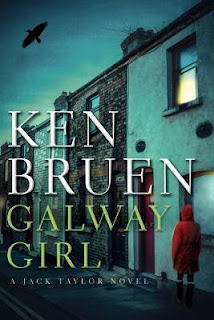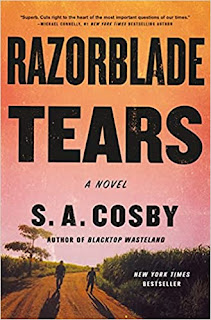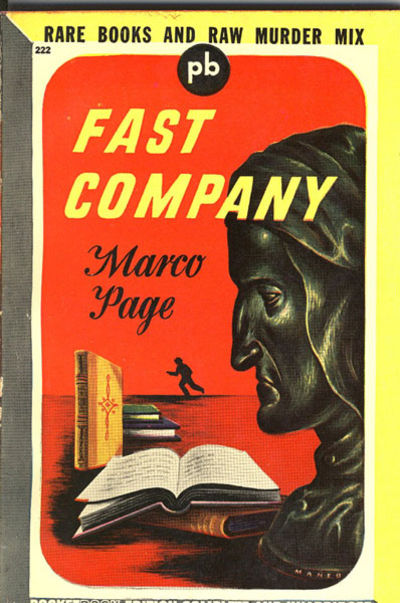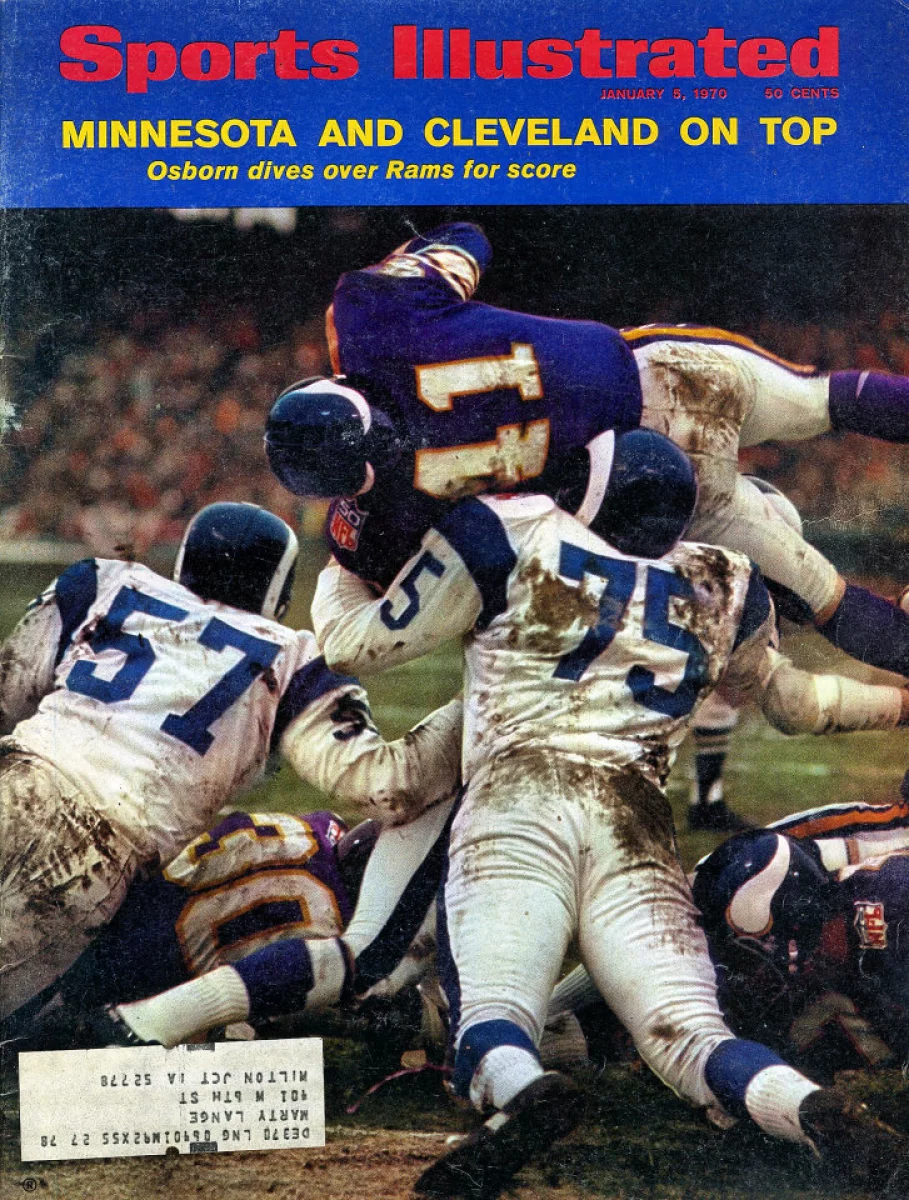A funny thing happened to me three years ago: I wrote my first contemporary private-eye story. At that point I'd been writing short stories for 25 years, mostly mystery/crime/suspense, but during that time I'd written and published only two PI stories--both of them about an investigator with an office in San Francisco in the 1880s. In other words, Westerns. I'm not sure why I had avoided 20th- and 21st-century PIs; I love puzzles of every kind, and I'd certainly read and seen a lot of fictional private detectives in novels, stories, movies, and TV--Holmes, Poirot, McGee, Spade, Hammer, Spenser, Robicheaux, Mannix, Magnum, Rockford, Millhone, Scudder, Marlowe, etc. Looking back on it now, I wonder if I was afraid of falling into the trap of using too many old and tired PI cliches. I didn't want to only create dark and moody stories with cheap offices, trenchcoats, cigarettes, AA meetings, whacks on the noggin from behind, helpful buddies on the police force, and grieving-widow clients. That's the only reason I can come up with, for not attempting stories closer to the present day.
What finally forced me further into the subgenre was an invitation from writer/editor/friend Michael Bracken in early 2019, or thereabouts, to write a story for a PI anthology called The Eyes of Texas (one of the best double-meaning titles I'd ever heard). As I recall, the only firm requirement, except for some length guidelines, was that the story's protagonist had to be a private investigator in the Lone Star State. I figured I should be able to handle that.
The whole process turned out to be fun. I quickly came up with a plot I liked, and made sure my hero--although he did have a pretty crappy office--wasn't a drunk, didn't run around in an overcoat and a bad mood, didn't smoke, wasn't a womanizer, had no ex-partners to fall back on in the PD, and had a client who was neither widowed nor grieving. He wasn't a wimp, though; he did have a moral code, and carried a gun that he used a few times in the plot. The story was called "Triangles," which sort of had a triple meaning, and the anthology was published in September 2019, just in time for the Dallas Bouchercon.
Since then, I've written and sold PI short stories to several magazines and anthologies. Two contemporary stories in the same "series" were published in Black Cat Mystery Magazine (two years ago) and in Strand Magazine (last month), and two more in that series are finished and yet to be submitted. Also, a standalone story featuring a 1940s PI in New Orleans has been accepted and is upcoming in a themed anthology later this year, another with a '60s Detroit PI is scheduled for a second anthology, and I'm now working on a Prohibition PI story set in the early '30s for an antho with a May deadline. And I've found that all of these have been great fun to put together, in a way that's somehow different from my usual mystery/crime writing.
What's your history with PI stories/novels? Have you written or published any? Are any planned or in the works? If you do write them, are they usually installments in a series? If short stories, are they targeted for magazines or for anthologies? Were you, like me, hesitant at first to try that subgenre? Have you had any luck with them at the top mystery markets?
As a writer with dim but enjoyable memories of private-eye TV shows like Peter Gunn and Richard Diamond and 77 Sunset Strip (I'm humming that theme music now), I can't leave this subject without mentioning favorite PI movies. My top six are, in order: Chinatown (1974), Knives Out (2019), Harper (1966), Night Moves (1975), The Long Goodbye (1973), and Twilight (1998).
How can you not love PIs? Sure, the daily fees have gone up, over the years, and the expenses too, but their strange adventures remain fun to read, and watch. And write about.
In closing, here's a silly poem of mine that was published in the Spring/Summer 1997 issue of Mystery Time, a magazine some of you might remember. It's called "A Public Look at Private Eyes":
Most fictional private detectives are men
(And are always unmarried, of course);
They have rugged last names and a grumpy old friend
Who's a homicide cop on the force.
They're hit on the head every chapter or two
But they suffer no lasting effects,
And survive gunshot wounds that would kill me or you
While they spellbind the Opposite Sex.
Though they never earn much, PIs always have cash
To persuade some informant to leak
More strange and enlightening clues in a flash
Than the cops could obtain in a week.
Knowing that, our detective will often proceed
To the villain's mysterious lair,
Where he's captured, along with his romantic lead
(Don't ask me what she's doing there).
But all's well--the old pal in the local PD
Will at last come to help save the day;
For the heroes aren't killed off in fiction, you see--
Like the cops, sequels aren't far away.
And neither am I. See you in two weeks.








































